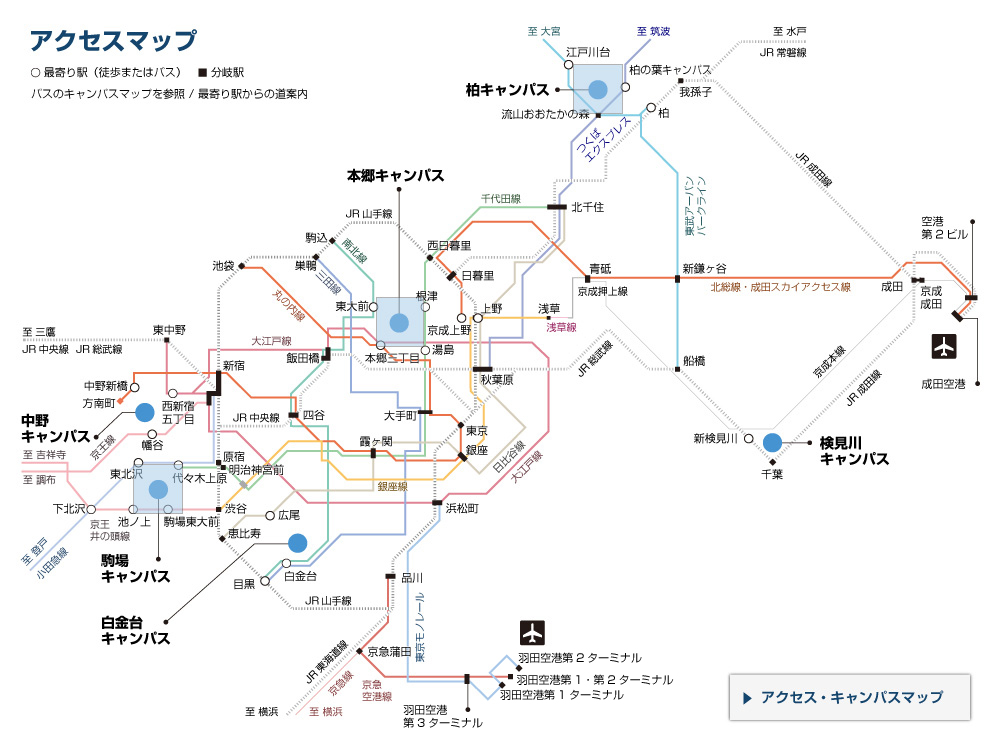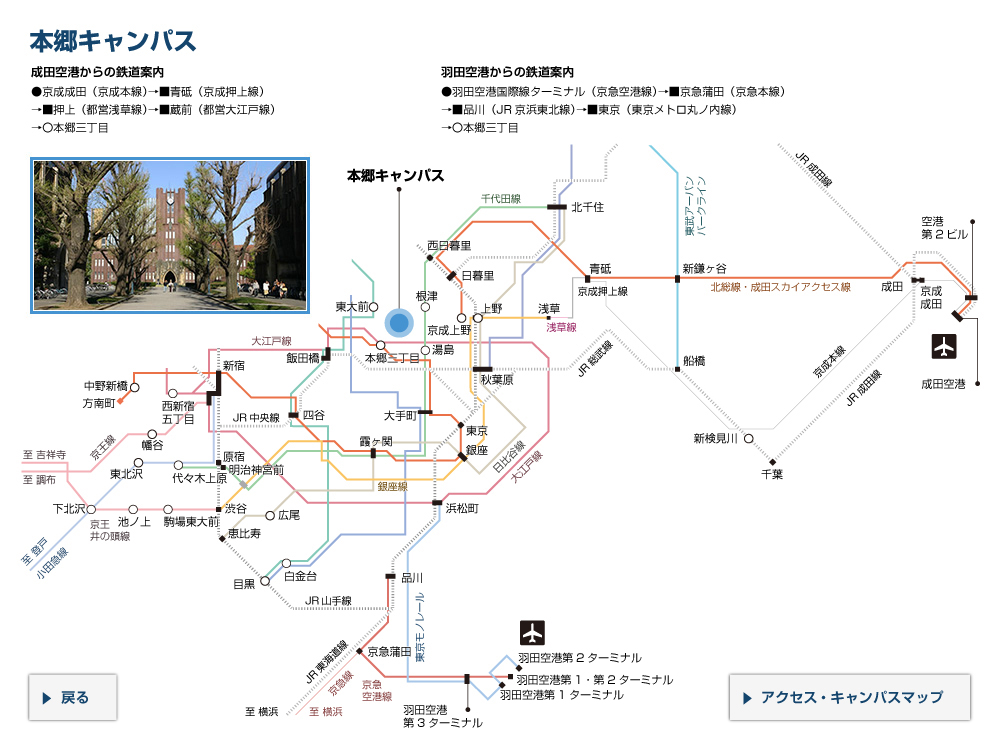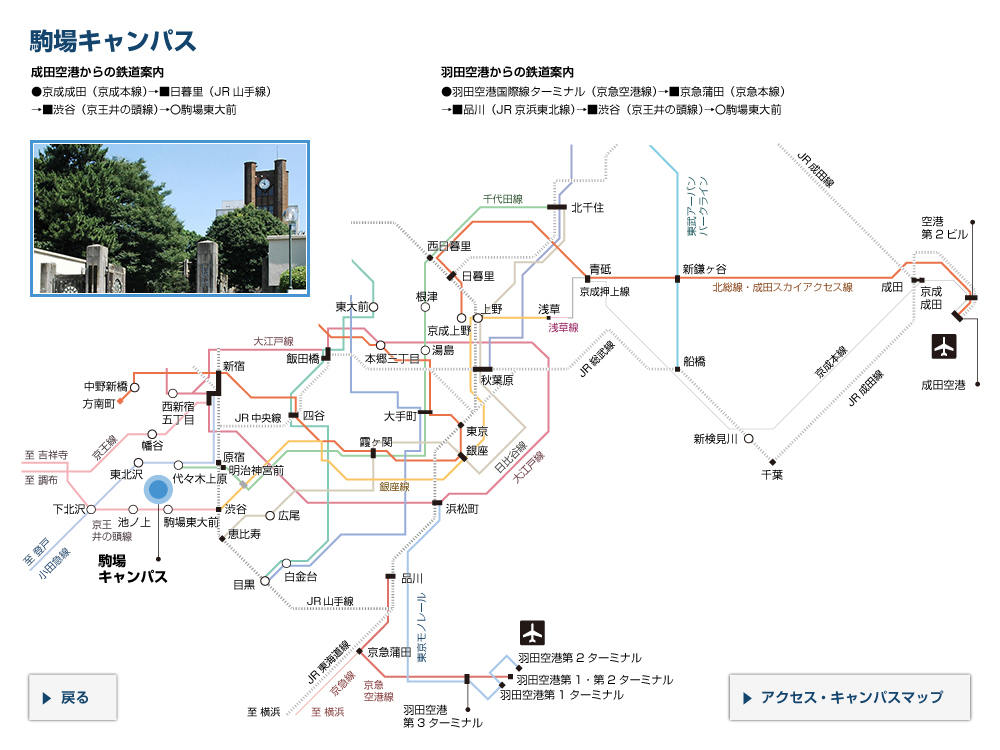TCJS Online Early-Career Forum

基本情報
| 区分 | 講演会等 |
|---|---|
| 対象者 | 社会人・一般 / 在学生 / 受験生 / 留学生 / 卒業生 / 企業 / 大学生 / 教職員 |
| 開催日(開催期間) | 2022年12月2日 12時15分 — 13時 |
| 開催場所 | オンライン |
| 定員 | 100名 |
| 参加費 |
無料
|
| 申込方法 | 要事前申込
https://tcjs.u-tokyo.ac.jp/ja/archives/4216 こちらからお申込みください |
| 申込受付期間 | 2022年11月30日 — 2022年12月2日 |
| お問い合わせ先 | contact@tcjs.u-tokyo.ac.jp |
セミナーは英語で行います。(通訳等なし)
Conspiracy theory communities on social media in Japan
Robert Fahey(Waseda Institute for Advanced Study, Waseda University)
Abstract
Conspiracy theories have existed since the earliest recorded history, but events in recent years such as the US Capitol riot in 2021 and the refusal of COVID-19 vaccines by citizens in many countries have reinforced the dangers that belief in these theories can pose to societies. While Japan has thus far avoided the worst excesses of conspiracy belief seen in other developed countries, many Japanese citizens do hold conspiracy beliefs – some of them shared with conspiracy believers overseas, and some unique to the Japanese context. My research project aims to clarify the nature of conspiracy belief among Japanese citizens and how it differs from other countries, and this presentation will focus primarily on the spread of conspiracy theories online in the immediate aftermath of the assassination of former prime minister Abe Shinzō and the nature of the communities in which those theories were fostered and disseminated.
Profile
Rob Fahey is an assistant professor at the Waseda Institute for Advanced Study (WIAS) at Waseda University, and a visiting professor at the University of Milan. He received his PhD in Political Science from Waseda University in 2021. His research focuses on the interactions between populism, polarization and conspiracy theory belief, alongside a parallel focus on contemporary Japanese politics, and he is especially interested in using social media data to measure and observe socio-political behaviors.
Conspiracy theory communities on social media in Japan
Robert Fahey(Waseda Institute for Advanced Study, Waseda University)
Abstract
Conspiracy theories have existed since the earliest recorded history, but events in recent years such as the US Capitol riot in 2021 and the refusal of COVID-19 vaccines by citizens in many countries have reinforced the dangers that belief in these theories can pose to societies. While Japan has thus far avoided the worst excesses of conspiracy belief seen in other developed countries, many Japanese citizens do hold conspiracy beliefs – some of them shared with conspiracy believers overseas, and some unique to the Japanese context. My research project aims to clarify the nature of conspiracy belief among Japanese citizens and how it differs from other countries, and this presentation will focus primarily on the spread of conspiracy theories online in the immediate aftermath of the assassination of former prime minister Abe Shinzō and the nature of the communities in which those theories were fostered and disseminated.
Profile
Rob Fahey is an assistant professor at the Waseda Institute for Advanced Study (WIAS) at Waseda University, and a visiting professor at the University of Milan. He received his PhD in Political Science from Waseda University in 2021. His research focuses on the interactions between populism, polarization and conspiracy theory belief, alongside a parallel focus on contemporary Japanese politics, and he is especially interested in using social media data to measure and observe socio-political behaviors.






